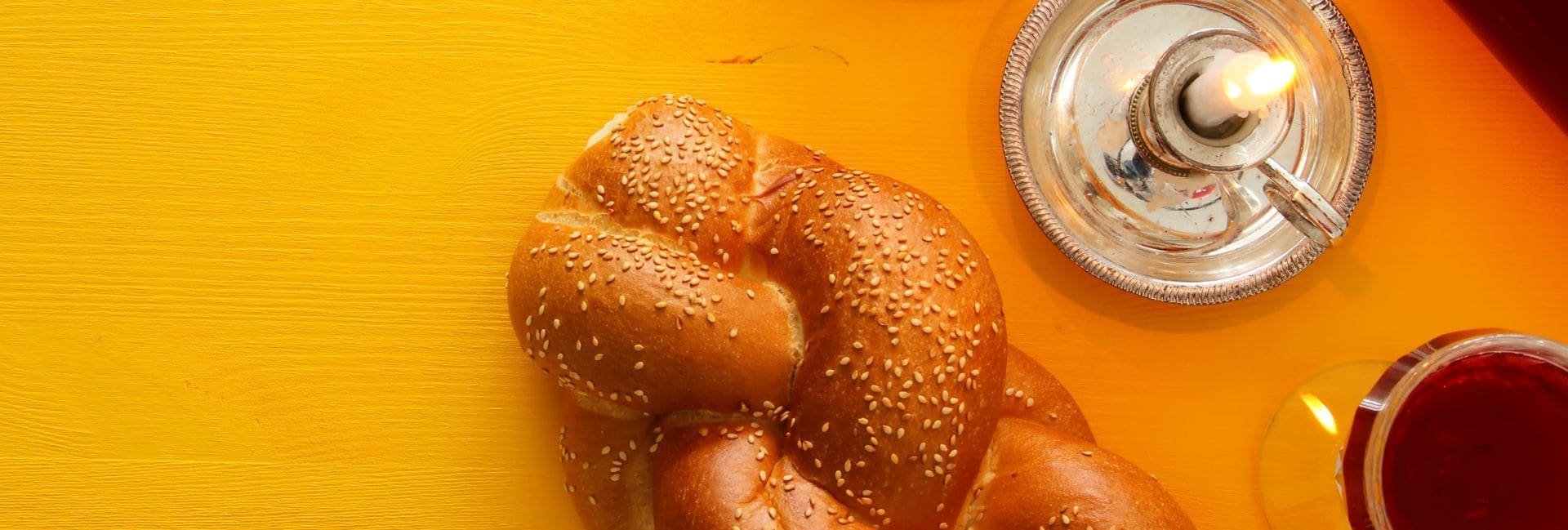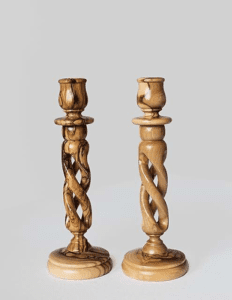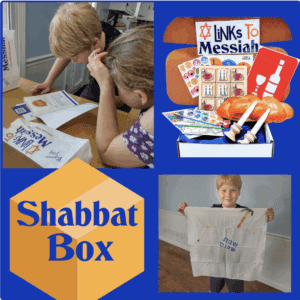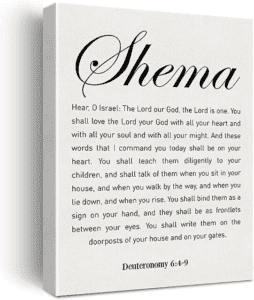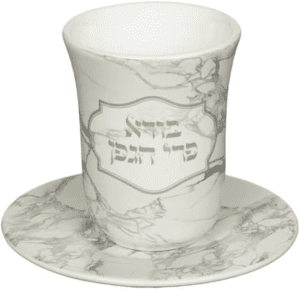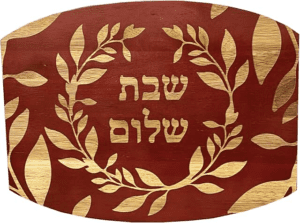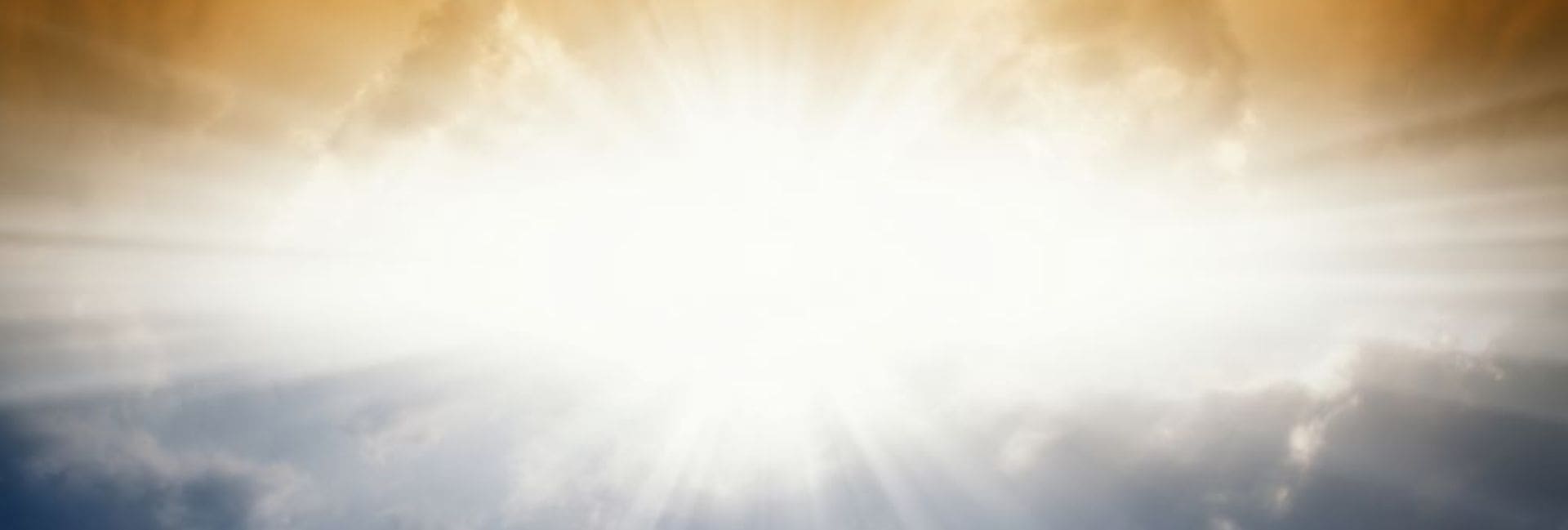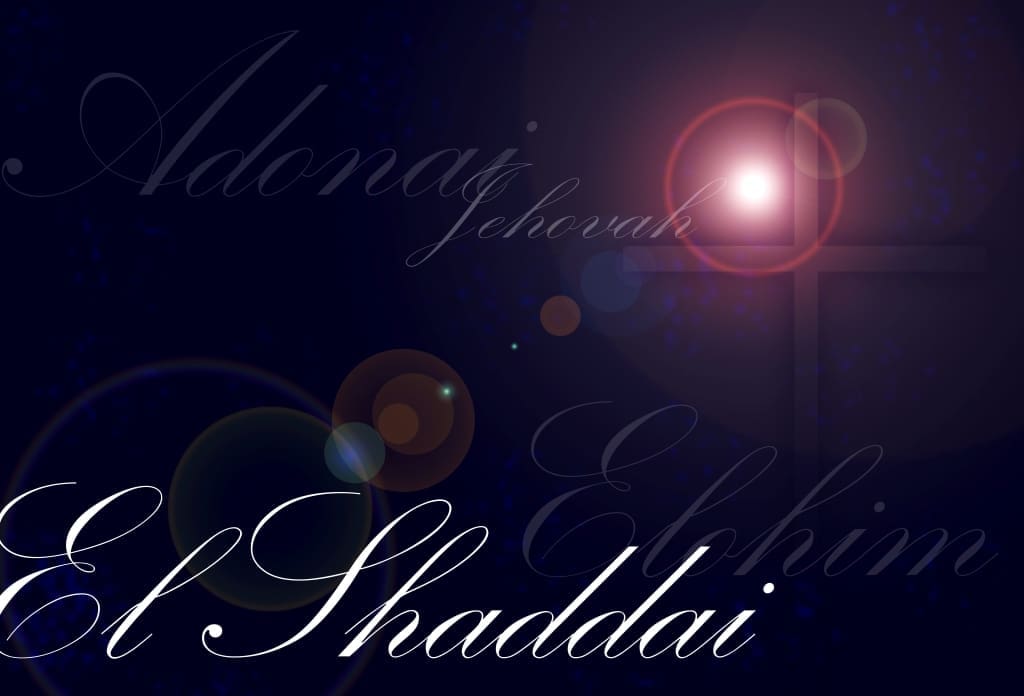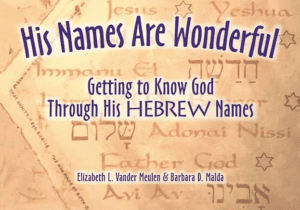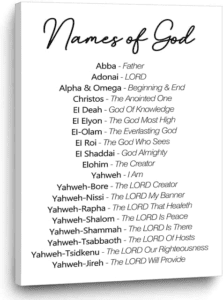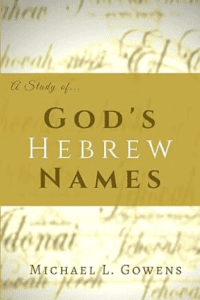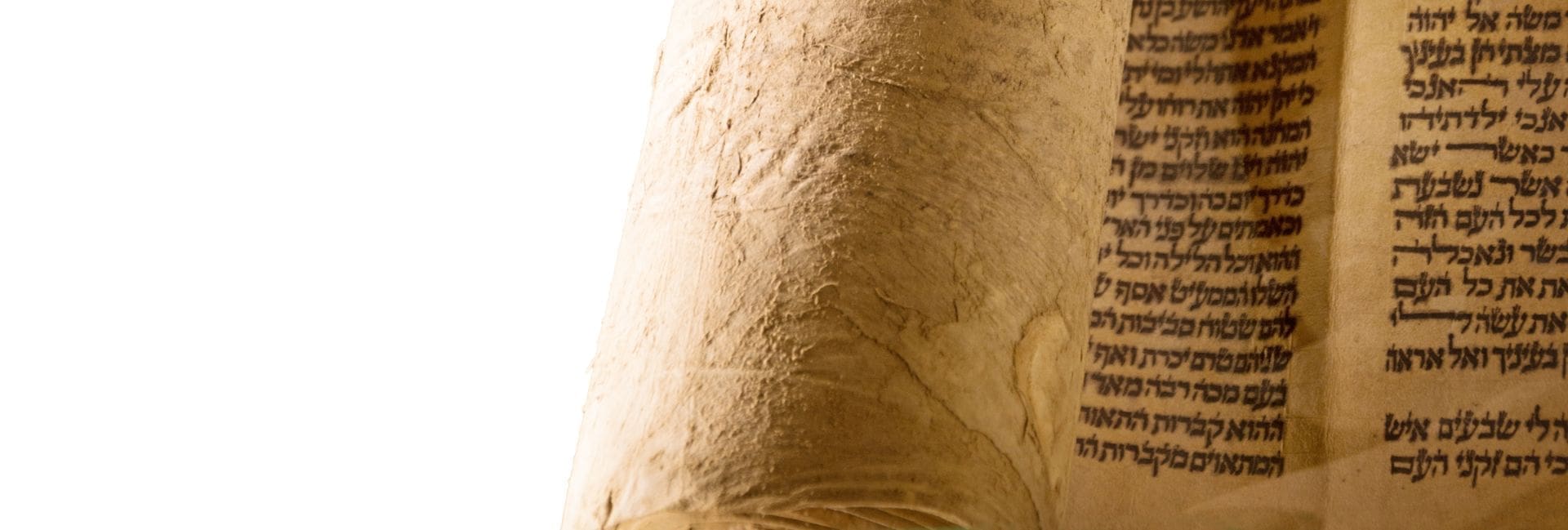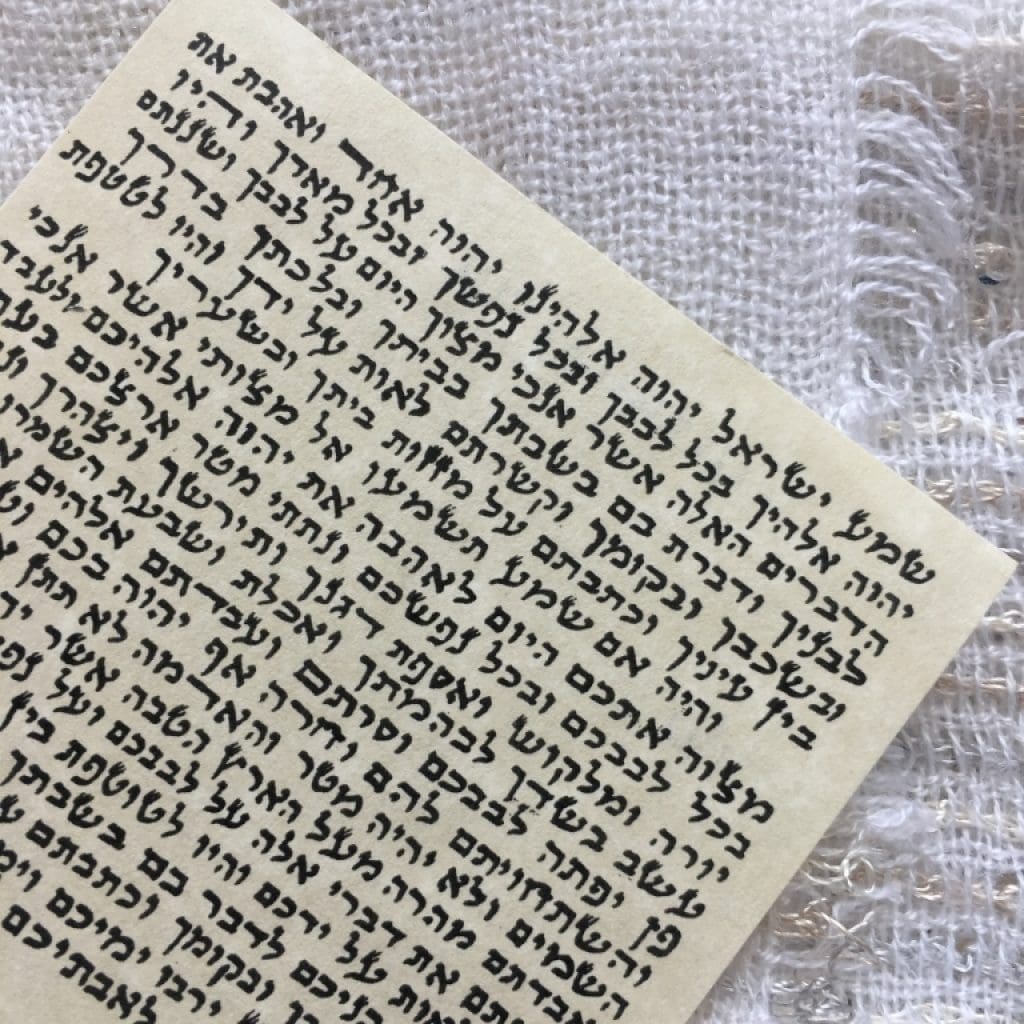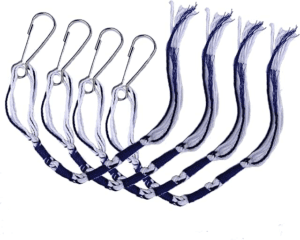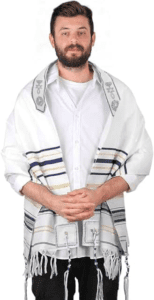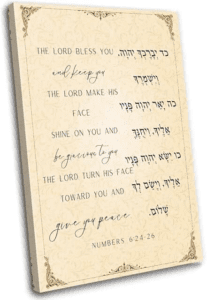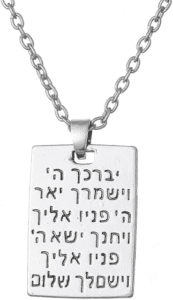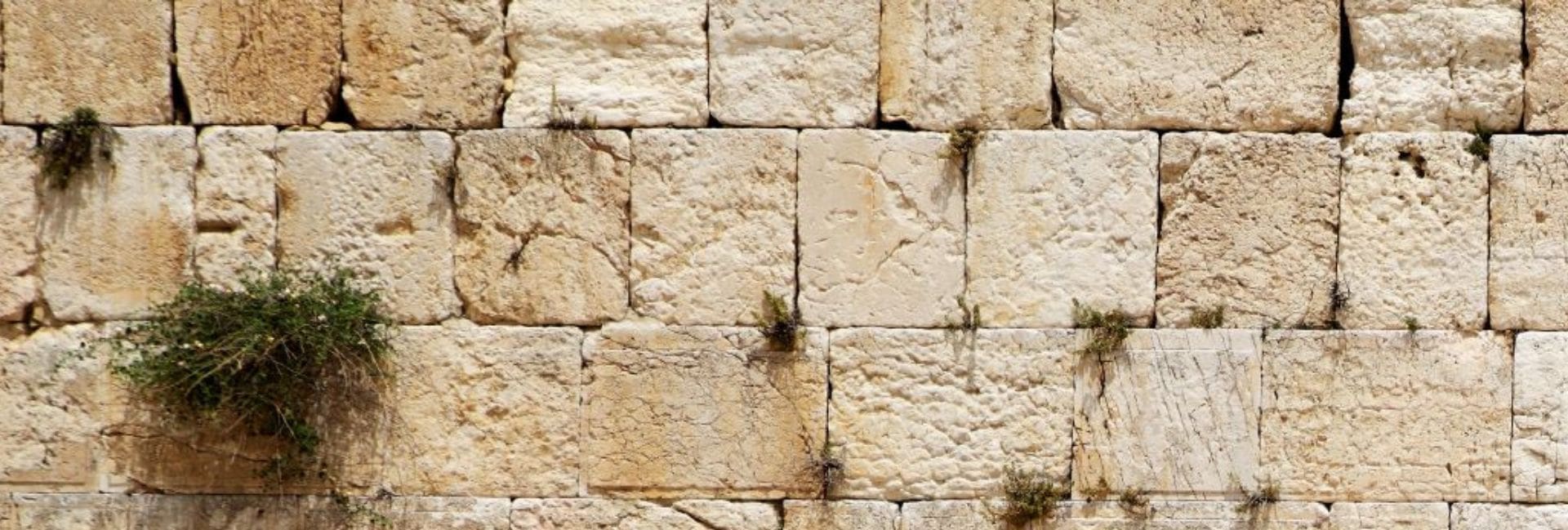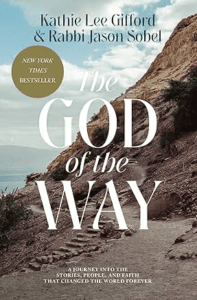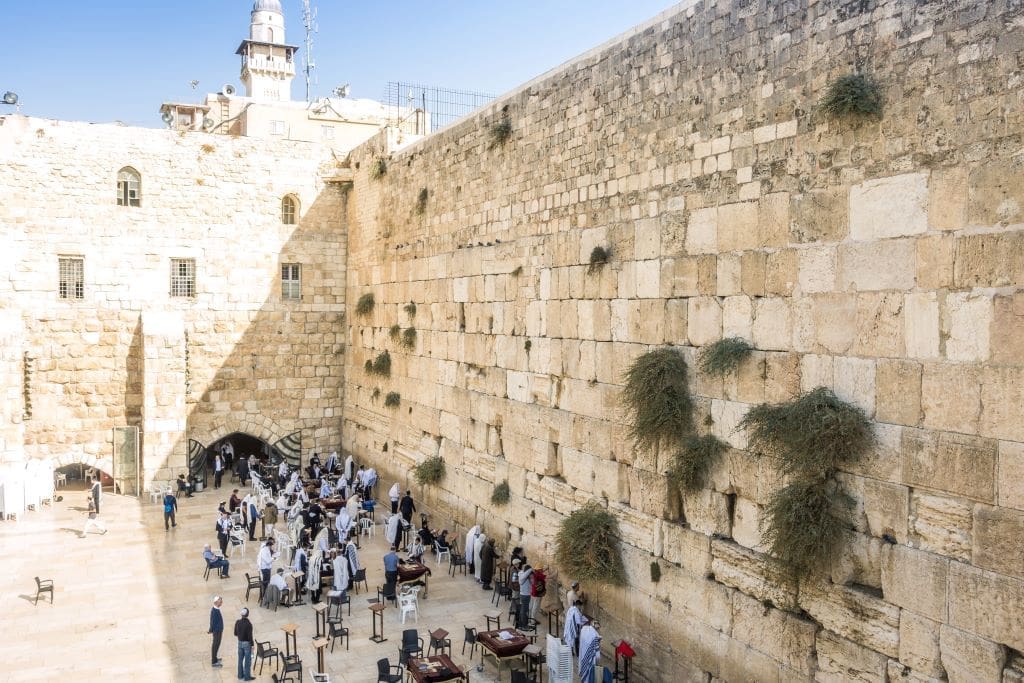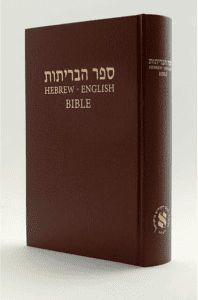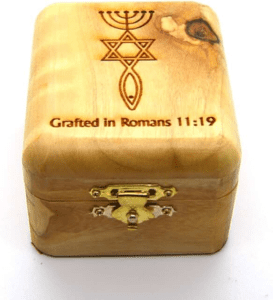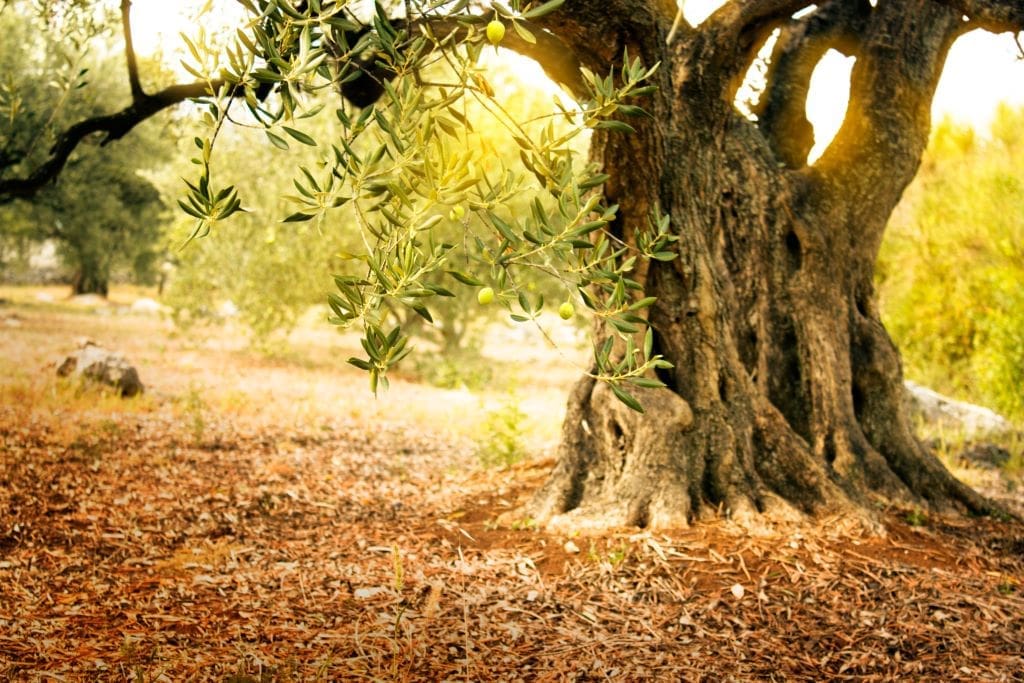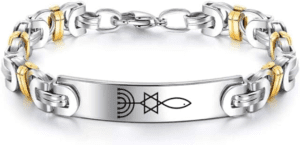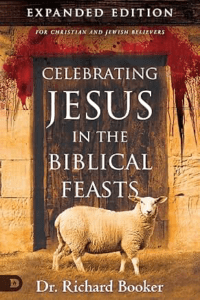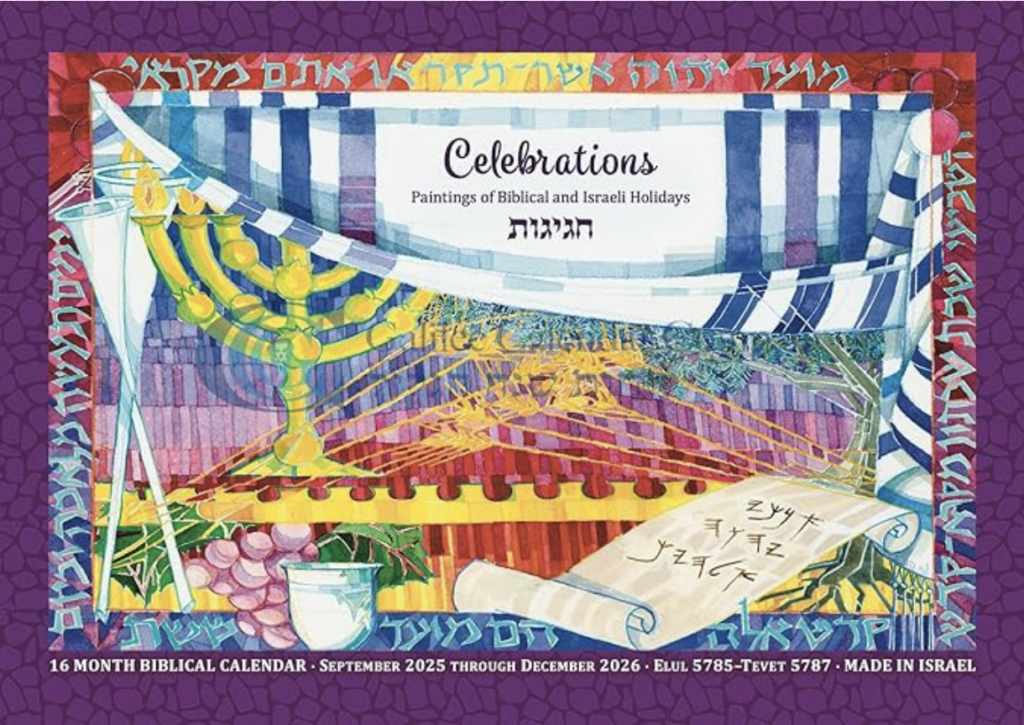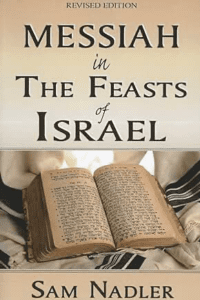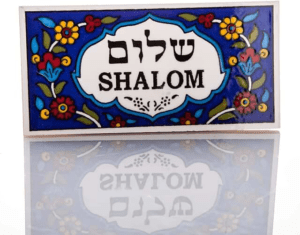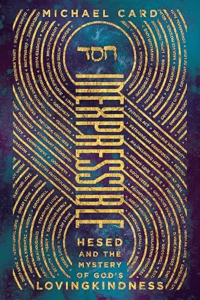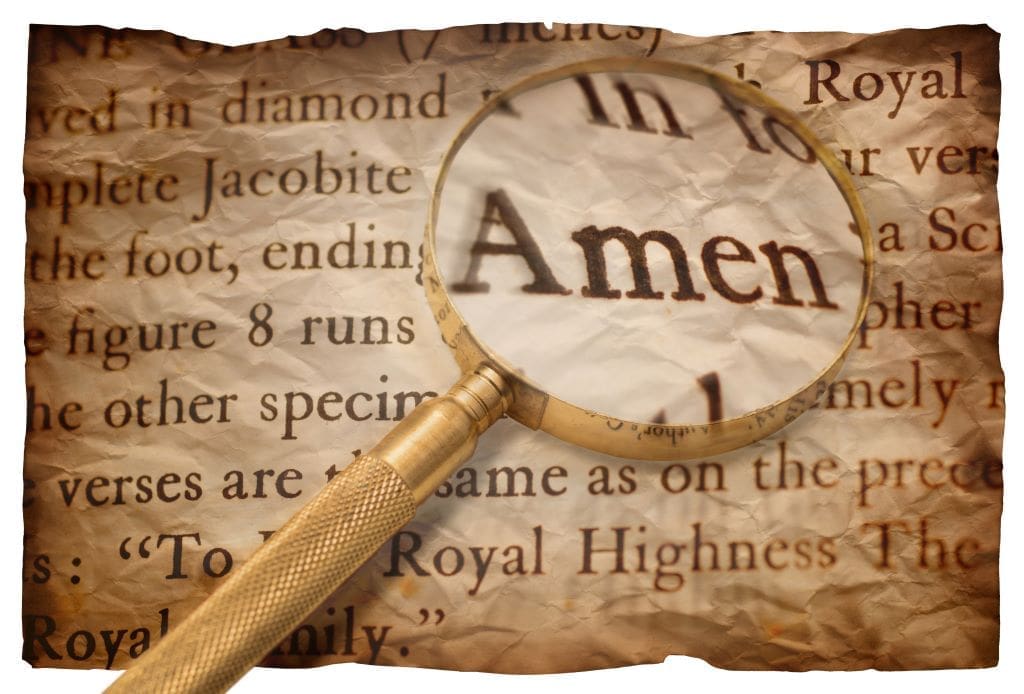Step-by-Step Guide to a Messianic Sabbath
Shalom! I’m so glad you’ve decided to observe a traditional Messianic Sabbath evening. I hope it becomes one of your family’s most-loved traditions, as it has in mine.
The Sabbath is not only one of the 10 Commandments; it’s a sign that we are God’s people (See Ez. 20:12, 20). By keeping the Sabbath, we’re not only being obedient to God but also showing our faith in who He is to us through our actions. Doing so brings glory to Him.
This guide provides a fundamental overview of a traditional Sabbath. Every family observes the Sabbath a bit differently, so feel welcome to use this as a guide and tailor it to work best for your family. Whatever you do, keep the focus on God and keep the day set apart for Him.
Click here for your printable Step-by-Step Guide to a Messianic Sabbath
Sabbath Preparation
Friday is commonly known as Preparation Day because this is usually the time to prepare everything so everyone can rest on the Sabbath. Cleaning, food preparation, etc., are done in advance so everyone can rest, focus on God, and spend time with family.
Looking for make-ahead and simple meals for your Sabbath? Check out 15 Meals that Bring Shalom to Your Shabbat.
Here’s an essential list of what you’ll need for a traditional Sabbath:
- 2 candles
- Candleholders
- Wine or juice in 1 cup or in glasses for everyone
- Sept-by-Step Guide Print Out (below)
- Meal for Friday night
- Challah Bread (recipe here)
When Does the Sabbath Begin?
Instead of days beginning at midnight like we’re used to in our culture, days on the Hebrew calendar start at sundown. So, the Sabbath is from sundown on Friday evening until Saturday evening.
Light the Candles
The woman of the house is usually responsible for lighting the candles and bringing in the Sabbath. Two candles are lit to signify the two commands given regarding the Sabbath—to remember it and to keep it holy.
Although not required, women traditionally cover their heads during the blessing as a symbol of humility before God. The woman covers her head with a head covering (scarf), lights the candles, and says the following blessing.
Blessed are you, Lord our God, King of the universe, who has sanctified us with His commandments and commanded us to be a light to the nations and Who gave to us Jesus our Messiah, the light of the world.
In Hebrew, it’s:
בָּרוּךְ אַתָּה יהוה אֱלֹהֵנוּ מֶלֶךְ הָעוֹלָם, אשֶׁר קִדְּשָׁנוּ בְּמִצְוֹתָיו, וְצִוָנוּ לְהִיוֹת אוֹר לְגוֹיִים וְנָתַן-לָנוּ אֶת יֵשׁוּעַ מְשִׁיחֵנוּ אוֹר הָעוֹלָם
Which is pronounced:
Ba-rook ah-tah a-do-nai eh-lo-hay-noo meh-lekh ha-o-lam ah-sher ki-deh-sha-noo be-mitz-vo-tav veh-tzee-va-noo le-hee-oat or le-go-yeem ve-na-tan-la-noo et Ye-shoo-a Me-shee-che-noo or ha-o-lam.
Blessing Over the Children
Different blessings are said over boys and girls, and the Aaronic Blessing follows both. The father usually says these blessings, although anyone can bless the children.
The blessing for the boys comes from Genesis 48:20, where Jacob said, “By you Israel will pronounce blessing, saying, ‘May God make you like Ephraim and Manasseh!'” The blessing over girls holds them high that they would become like some of the most remarkable women in the Bible
Blessing over girls:
May you be like Sara, Rebecca, Rachel, and Leah.
In Hebrew:
יְשִׂימֵךְ אֱלֹהיִם כְּשָׂרָה רִבְקָה רָחֵל וְלֵאָה
Pronounced:
Ye-si-mech E-lo-heem ke-Sa-rah Riv-ka Ra-chel ve-Le-ah
Blessing over boys:
May you be like Ephraim and Manesseh.
In Hebrew:
יְשִׂימְךָ אֱלֹהיִם כְּאֶפְרַיְם וְכִמְנַשֶּׁה
Pronounced:
Ye-seem-cha E-lo-heem k-Ef-raim v-chi-Me-na-shey.
The Aaronic Blessing
From Numbers 6:24-26, this is the blessing God gave to Moses to have his sons bless the Israelites with.
May God bless you and protect you.
May God show you favor and be gracious to you.
May God show you kindness and grant you peace.
In Hebrew:
יְבָרֶכְךָ יהוה וְיִשְׁמְרֶךָ יָאֵר יהוה פָּנָיו אֵלֶיךָ וִיחֻנֶּךָּ יִשָּׂא יהוה פָּנָיו אֵלֶיךָ וְיָשֵׂם לְךָ שָׁלוֹם
Which is pronounced:
Ye-va-re-che-cha A-do-nai v-yee-sh-me-re-cha
Ya-er A-do-nai pa-nav eh-le-cha vi-chu-ne-ka
Yee-sa A-do-nai pa-nav eh-le-cha v-ya-sem le-cha sha-lom
The Eschet Chayil (Blessing over the Wife)
The Blessing over the Wife comes from Proverbs 31, verses 10-31. Interestingly enough, this blessing is also said over women who are not married. This blessing shows appreciation for wives and all women for all they do to hold homes and communities together! The husband usually says it, and it is as follows.
An excellent wife, who can find? For her worth is far above jewels.
The heart of her husband trusts in her, and he will have no lack of gain.
She does him good and not evil all the days of her life.
She looks for wool and flax and works with her hands in delight.
She is like merchant ships; she brings her food from afar.
She rises also while it is still night and gives food to her household and portions to her maidens.
She considers a field and buys it; from her earnings she plants a vineyard.
She girds herself with strength and makes her arms strong.
She senses that her gain is good; her lamp does not go out at night.
She stretches out her hands to the distaff, and her hands grasp the spindle.
She extends her hand to the poor, and she stretches out her hands to the needy.
She is not afraid of the snow for her household, for all her household are clothed with scarlet.
She makes coverings for herself; her clothing is fine linen and purple.
Her husband is known in the gates, when he sits among the elders of the land.
She makes linen garments and sells them and supplies belts to the tradesmen.
Strength and dignity are her clothing, and she smiles at the future.
She opens her mouth in wisdom, and the teaching of kindness is on her tongue.
She looks well to the ways of her household, and does not eat the bread of idleness.
Her children rise up and bless her; Her husband also, and he praises her, saying
“Many daughters have done nobly, but you excel them all.”
Charm is deceitful and beauty is vain, but a woman who fears the LORD, she shall be praised.
Give her the product of her hands, and let her works praise her in the gates.
Here it is in Hebrew:
אֵשֶׁת חַֽיִל מִי יִמְצָא, וְרָחֹק מִפְּנִינִים מִכְרָהּ.
בָּֽטַח בָּהּ לֵב בַּעְלָהּ, וְשָׁלָל לֹא יֶחְסָר.
גְּמָלַֽתְהוּ טוֹב וְלֹא רָע, כֹּל יְמֵי חַיֶּיהָ.
דָּרְשָֽׁה צֶמֶר וּפִשְׁתִּים, וַתַּֽעַשׂ בְּחֵפֶץ כַּפֶּיהָ.
הָיְתָה כָּאֳנִיּוֹת סוֹחֵר, מִמֶּרְחָק תָּבִיא לַחְמָהּ.
וַתָּקָם בְּעוֹד לַיְלָה, וַתִּתֵּן טֶרֶף לְבֵיתָהּ וְחֹק לְנַעֲרֹתֶיהָ.
זָמְמָה שָׂדֶה וַתִּקָּחֵהוּ, מִפְּרִי כַפֶּיהָ נָטְעָה כָּֽרֶם.
חָגְרָה בְעוֹז מָתְנֶיהָ, וַתְּאַמֵּץ זְרוֹעֹתֶיהָ.
טָֽעֲמָה כִּי טוֹב סַחְרָהּ, לֹא יִכְבֶּה בַלַּֽיְלָה נֵרָהּ.
יָדֶיהָ שִׁלְּחָה בַכִּישׁוֹר, וְכַפֶּיהָ תָּֽמְכוּ פָֽלֶך.
כַּפָּהּ פָּרְשָֹה לֶעָנִי, וְיָדֶיהָ שִׁלְּחָה לָאֶבְיוֹן.
לֹא תִירָא לְבֵיתָהּ מִשָּֽׁלֶג, כִּי כָל־בֵּיתָהּ לָבֻשׁ שָׁנִים.
מַרְבַדִּים עָשׂתָה־לָּהּ, שֵׁשׁ וְאַרְגָּמָן לְבוּשָׁהּ.
נוֹדָע בַּשְּׁעָרִים בַּעְלָהּ, בְּשִׁבְתּוֹ עִם זִקְנֵי־אָרֶץ.
סָדִין עָשׂתָה וַתִּמְכֹּר, וַחֲגוֹר נָתְנָה לַכְּנַעֲנִי.
עוֹז וְהָדָר לְבוּשָׁהּ, וַתִּשׂחַק לְיוֹם אַחֲרוֹן.
פִּֽיהָ פָּתְחָה בְחָכְמָה, וְתֽוֹרַת חֶֽסֶד עַל לְשׁוֹנָהּ:
צוֹפִיָּה הֲלִיכוֹת בֵּיתָהּ, וְלֶֽחֶם עַצְלוּת לֹא תֹאכֵל:
קָמוּ בָנֶֽיהָ וַיְּאַשְּׁרֽוּהָ, בַּעְלָהּ וַיְהַלְלָהּ:
רַבּוֹת בָּנוֹת עָֽשׂוּ חָֽיִל, וְאַתְּ עָלִית עַל כֻּלָּנָה:
שֶֽׁקֶר הַחֵן וְהֶֽבֶל הַיֹּֽפִי, אִשָּׁה יִרְאַת ה׳ הִיא תִתְהַלָּל:
תְּנוּ לָהּ מִפְּרִי יָדֶֽיהָ, וִיהַלְלֽוּהָ בַשְּׁעָרִים מַעֲשֽׂיהָ:
And here’s the pronunciation for the Hebrew:
E-shet Cha-yeel mi yeem-tza, ve-ra-chok meep-nee-neem meech-rah.
Ba-tach bah lev ba-a-lah, ve-sha-lal lo yech-sar. Ge-mal-at-hu tov ve-lo ra kol ye-mei cha-ye-ha.
Dar-sha tse-mer u-feesh-teem, va-ta-as be-che-fetz ka-pe-ha.
Hay-tah ka-o-nee-yot so-cher, mee-mer-chak ta-vi lach-ma.
Va-ta-kom be-od lai-lah, Ve-tee-ten te-ref le-vey-tah ve-chok le-na-a-ro-te-ha.
Zam-mah sa-deh ve-ti-ka-che-hu, meep-ree kha-pe-ha nat-ah ka-rem.
Chag-rah ve-oz mot-ne-ha, vat-a-metz z-ro-ote-ha.
Ta-a-ma ki tov sach-rah, lo yich-be va-lay-lah ne-rah.
Ya-de-ha sheel-cha va-kee-shor, ve-kha-pe-ha tam-chu pha-lech.
Ka-pah par-sah le-ani, ve-ya-de-hah sheel-cha la-ev-yon.
Lo tee-ra le-vei-tah mee-sha-leg, ki khol bei-tah la-vush sha-neem.
Mar-va-deem as-tah lah, shesh ve-ar-ga-man le-vu-shah.
No-dah bash-ar-eem ba-lah, be-shiv-to eem zik-nei ar-etz.
Sa-deen as-tah va-teem-kor, va-cha-gor nat-nah lak-na-ani.
Oz ve-ha-dar le-vu-shah, va-tees-chak le-yom eh-cha-ron.
Pee-ha pat-cha ve-chach-mah, ve-to-rat che-sed al le-sho-nah.
Tso-fee-ya hal-ee-chot bei-ta, ve-le-chem atz-lut lo toe-chel.
Ka-mu va-ne-ha vay-ash-ru-hah, ba-a-lah vay-hal-lah.
Ra-bot ba-not a-su cha-yil, ve-at a-leet al ku-la-nah.
She-ker ha-chen ve-he-vel ha-yo-fee, ee-shah yir-at a-do-nai hi teet-ha-lal.
Te-nu lah mip-ri ya-de-ha, vee-hal-lu-ha bash-a-reem ma-a-se-ha.
The Kiddush
The Kiddush reminds us why we’re doing what we’re doing. It incorporates verses from Genesis that discuss the Sabbath, as well as a blessing over the wine and thanking God for choosing and sanctifying the nation of Israel. The man of the house traditionally says it.
The person saying the Kiddush holds the cup of wine up while reciting it. After the Kiddush is said, each participant can either take a drink from a single Kiddush cup or their own wine/juice glasses.
And it was evening and it was morning, the sixth day. And the heavens and the earth and all their hosts were completed. And God finished by the Seventh Day His work which He had done, and He rested on the Seventh Day from all His work which He had done. And God blessed the Seventh Day and made it holy, for on it He rested from all His work which God created to function.
Blessed are You, Lord our God, King of the universe, who creates the fruit of the vine. (Response: Amen)
Blessed are You, Lord our God, King of the universe, who has hallowed us with His commandments, has desired us, and has given us, in love and goodwill, His holy Shabbat as a heritage, in remembrance of the work of Creation; the first of the holy festivals, commemorating the Exodus from Egypt. For You have chosen us and sanctified us from among all the nations, and with love and goodwill given us Your holy Shabbat as a heritage. Blessed are You Lord, who hallows the Shabbat. (Response: Amen)
In Hebrew:
וַיְהִי עֶרֶב וַיְהִי בֹקֶר
יוֹם הַשִּׁשִּׁי. וַיְכֻלּוּ הַשָּׁמַיִם וְהָאָרֶץ וְכָל צְבָאָם
וַיְכַל אֱלֹהִים בַּיּום הַשְּׁבִיעִי מְלַאכְתּו אֲשֶׁר עָשָׂה. וַיִּשְׁבּת בַּיּום הַשְּׁבִיעִי מִכָּל מְלַאכְתּו אֲשֶׁר עָשָׂה
וַיְבָרֶךְ אֱלֹהִים אֶת יוֹם הַשְּׁבִיעִי וַיְקַדֵּשׁ אֹתוֹ. כִּי בוֹ שָׁבַת מִכָּל מְלַאכְתּו אֲשֶׁר בָּרָא אֱלֹהִים לַעֲשׂות
בָּרוּךְ אַתָּה יהוה אֱֹלהֵינוּ מֶלֶךְ הָעוֹלָם בּוֹרֵא פְּרִי הַגָּפֶן
בָּרוּךְ אַתָּה יהוה אֱלֹהֵינוּ מֶלֶךְ הָעוֹלָם אֲשֶׁר קִדְּשָׁנוּ בְּמִצְוֹתָיו וְרָצָה בָנוּ וְשַׁבַּת קָדְשׁוֹ בְּאַהֲבָה וּבְרָצוֹן הִנְחִילָנוּ זִכָּרוֹן לְמַעֲשֵׂה בְרֵאשִׁית. כִּי הוּא יוֹם תְּחִלָּה לְמִקְרָאֵי קֹדֶשׁ זֵכֶר לִיצִיאַת מִצְרָיִם. כִּי בָנוּ בָחַרְתָּ וְאוֹתָנוּ קִדַּשְׁתָּ מִכָּל הָעַמִּים וְשַׁבַּת קָדְשְׁךָ בְּאַהֲבָה וּבְרָצוֹן הִנְחַלְתָּנוּ
בָּרוּךְ אַתָּה ה׳ מְקַדֵּשׁ הַשַּׁבָּת
Which is pronounced:
Va-ye-hee erev, va-ye-hee voker. Yom Ha-shishi. Va-ye-chulu hasha-mayim vi-ha-aretz vi-kole tzi-va-am. Va-yichal Elohim ba-yom hashe-vi’i milach-to asher asa. Va-yish-bat ba-yom hashe-vi’I mi-kole milach-to asher asa. Va-ye-varech Elohim es yom hashe-vi’i va-yi-kadesh oto. Kee voe sha-vat mi-kole milach-toe asher bara Elohim la-a-sot.
Ba-ruch a-tah A-do-nai, E-lo-hei-nu me-lech ha-olam, bo-rei pe-ri ha-ga-fen. (Response: “Amen”)
Ba-ruch a-tah A-do-nai, E-lo-hei-nu me-lech ha-olam, asher ki-di-sha-nu be-mitz-votav vi-ratza vanu, vi-Shab-bat kod-sho be-a-ha-va uv-ra-tzon hin-chi-la-nu, zi-ka-ron le-ma-a-seh ve-re-sheet. Ki hu yom ti-chi-la le-mik-ra-ay ko-desh, zay-cher li-tzi-as mitz-rayim. Ki va-nu va-char-ta ve-o-ta-nu ki-dash-ta mi-kol ha-a-mim. Vi-shab-bat kod-shi-cha bi-a-ha-va uv-ra-tzon hin-chal-ta-nu. Ba-ruch a-tah A-do-nai, mi-ka-desh ha-shab-bat. (Response: “Amen”)
The Hamotzi
The Hamotzi is the blessing over the bread. We usually sing it together, and one person holds the challah, plate and all, up while we sing. After the Hamotzi, the bread is set down to be eaten later. It’s often eaten by tearing pieces off and dipping them in the wine or juice.
Here’s the traditional tune:
Blessed are You, Lord our God, King of the universe, who brings forth bread from the earth.
In Hebrew, it’s:
בָּרוּךְ אַתָּה יהוה אֱ‑לֹהֵינוּ מֶלֶךְ הָעוֹלָם הַמּוֹצִיא לֶחֶם מִן הָאָרֶץ
To pronounce:
Ba-rook ah-tah a-do-nai eh-lo-hay-noo meh-lekh ha-o-lam ha-mo-tzi le-chem meen ha-aretz.
Sabbath Meal
After that, enjoy your meal together and have a restful Sabbath! If you’re looking for ideas for what to do with the rest of your Sabbath day, read What DO We Do on the Sabbath.
Click here for your printable Step-by-Step Guide to a Messianic Sabbath
As the common Sabbath greeting goes, wishing a peaceful Sabbath, Shabbat Shalom!

